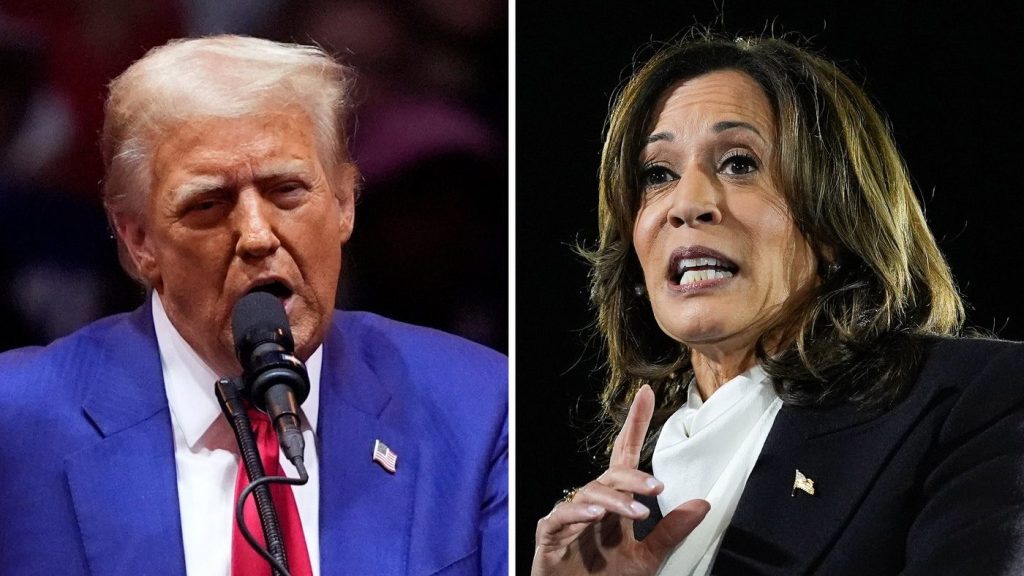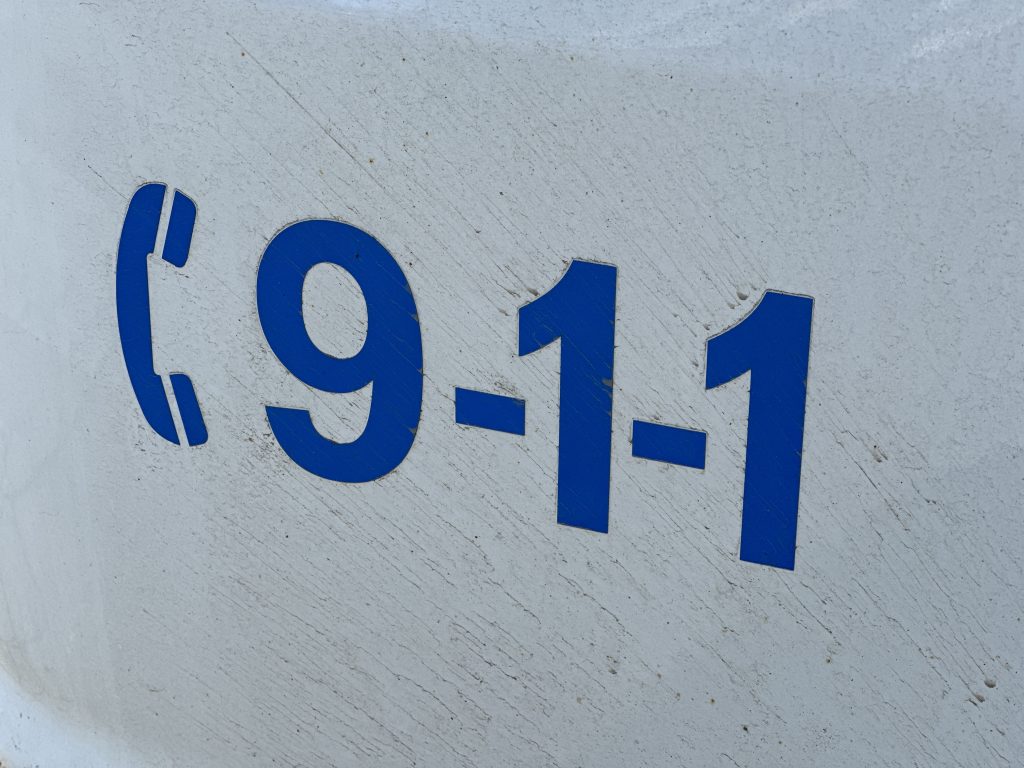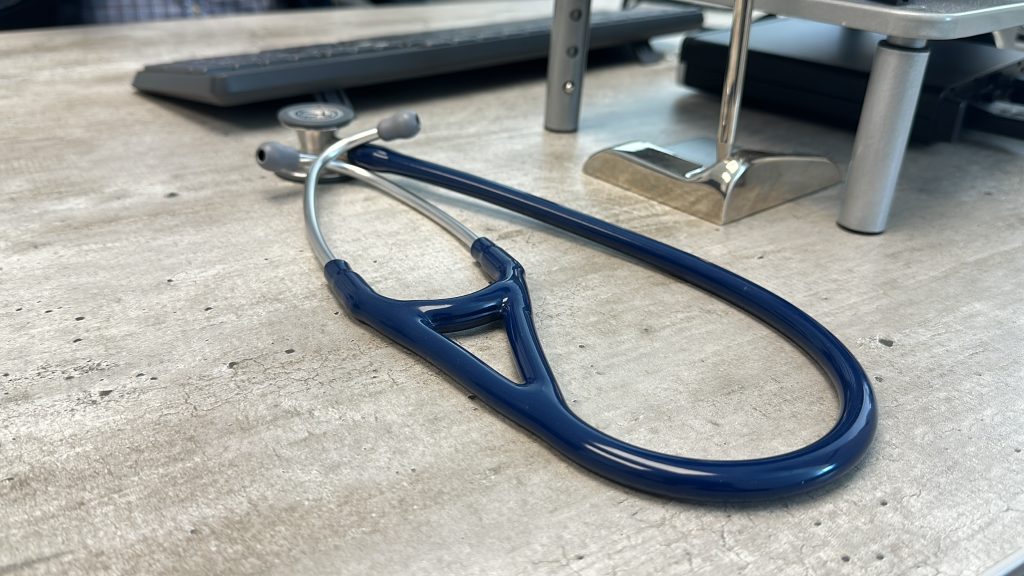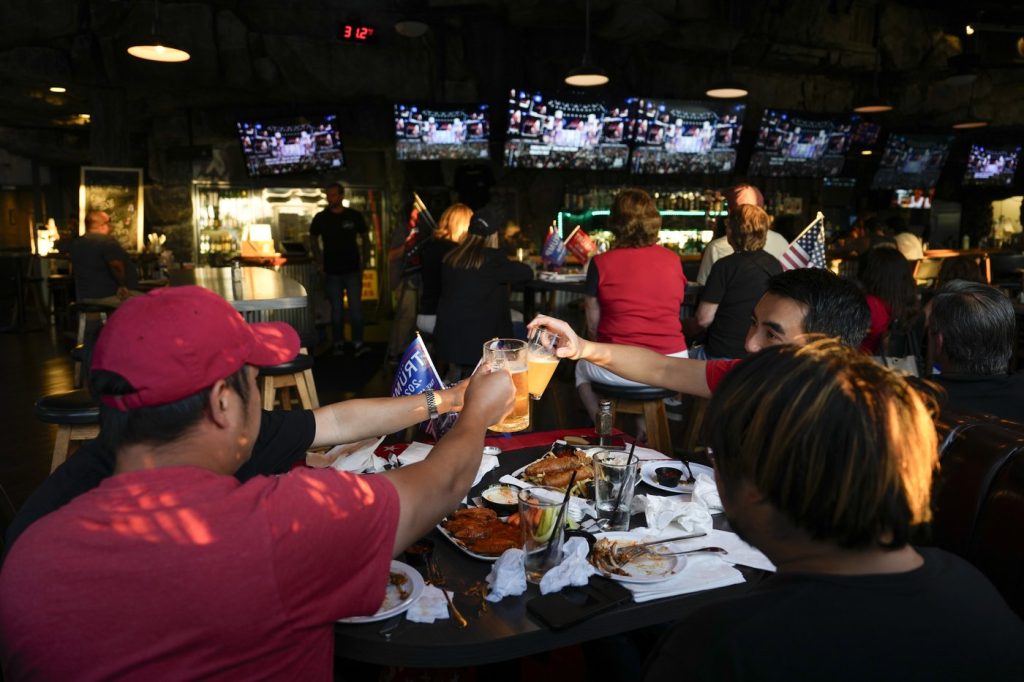Pandemic, health care take centre stage in first televised debate of campaign
Posted September 2, 2021 4:00 am.
Last Updated September 2, 2021 11:48 pm.
Four party leaders went head to head in the first televised debate of the federal election campaign Thursday night, kicking off the discussion with a vigorous back-and-forth about the COVID-19 pandemic and health care.
The French-language debate on TVA, one of Quebec’s most-watched networks, comes at the midpoint of the campaign and could prove crucial to the outcome on Sept. 20.
The TVA debate involved a series of face-to-face encounters between two leaders at a time, allowing for sharper and longer exchanges.
The Liberals’ Justin Trudeau, the Conservatives’ Erin O’Toole, the Bloc Quebecois’ Yves-Francois Blanchet and the NDP’s Jagmeet Singh took part, with the three opposition leaders accusing Trudeau of unleashing an election unnecessarily amid rising COVID-19 cases and a crisis in Afghanistan.
“Why did you trigger an election in the middle of a fourth wave?” O’Toole asked Trudeau on TVA’s “Face-to-Face” debate shortly after 8 p.m.
“If you were in a majority government, would we be in an election right now?” added Blanchet, saying a larger Liberal presence in Parliament was Trudeau’s main motivation after six years at the helm.
“We’re in the middle of making decisions right now. Not in three months, not in a year,” Trudeau replied.
His minority government was elected in 2019 before the pandemic struck and upended federal priorities, he said, and that he needs a mandate from voters.
“We must give Canadians the choice.”
Singh, pivoting away from vaccines, hammered on the point that Trudeau had failed to sufficiently tax wealthy Canadians and corporations for reinvestment in the country.
The debate covered three main subjects: the pandemic, social policy and “the Canada of tomorrow.”
The Green party’s Annamie Paul and the Peoples’ party’s Maxime Bernier were not invited to participate.
O’Toole, who appeared calm in his first-ever federal election debate,took pains to show he supported the popular Premier Francois Legault on matters ranging from his pandemic leadership to a controversial multibillion-dollar tunnel project between Quebec City and Levis.
The Tory leader also got into a back-and-forth with Trudeau on health care.
O’Toole reiterated that his plan to boost federal health transfers to Quebec with $60 billion in funding over 10 years comes with no strings attached, while he said Trudeau’s approach to long-term care amounts to “paternalism.”
“Can you reassure Quebecers that you won’t want a greater role for the private sector in health?” retorted an amped-up Trudeau, claiming O’Toole’s professed respect for provincial jurisdiction permits a “two-tiered health system.”
Blanchet attacked Trudeau for encroaching on provincial turf by aiming to impose national standards for long-term care homes: “We don’t want more civil servants. We want more nurses.”
At times, Blanchet played the role of moderator, questioning leaders on their commitment to defending the French language in Quebec and francophone culture while warning against “Quebec bashing” over its ban on religious symbols worn by certain public officials.
He stressed the importance of “the common language, the official language” in immigration, commerce and the Constitution.
He also asked his three opponents if all their candidates are vaccinated.
Trudeau admitted to only one exception in his ranks, for medical reasons. Singh has confirmed that New Democrat nominees are vaccinated, as are the Bloc candidates. O’Toole dodged the question, repeating that Conservatives use rapid tests.
O’Toole said he also hopes to use them for federal workers, for whom Trudeau says vaccination will be mandatory.
“It is very important to have the daily screening tests for unvaccinated people ? We must find a reasonable accommodation,” O’Toole told host Pierre Bruneau who asked him if officials who refuse inoculation should be dismissed.
O’Toole was also pressed repeatedly to specify the fate of the $6-billion child-care deal Trudeau announced alongside Legault before the election was called.
O’Toole has pledged to nix agreements with the provinces and replace them with a refundable tax credit of up to $6,000.
The leaders pulled up at the event on buses or vans in the two hours leading up to it after snaking their way through a small crowd of demonstrators outside the TVA building in downtown Montreal.
A heavy police presence presided over the streets surrounding the television studio where the debate took place Thursday evening.
Several dozen protesters, most carrying flags of the Unifor and CUPE unions, alongside others from environmental groups including Greenpeace and Extinction Rebellion, faced police. Officers in caps and flak jackets stood guard behind metre-high steel fences, far outnumbering the megaphone-wielding demonstrators who chanted and held up placards in French reading, “Let’s shut down the fossil fuel industry” and “Climate – time for action.”
At one point, protesters lay on the ground after setting off red smoke canisters to symbolize wildfires and a sense of climate emergency.

The TVA debate was seen as pivotal in the 2019 campaign.
Then-Conservative leader Andrew Scheer’s evasiveness on the issues of abortion and medical assistance in dying was widely seen as halting early Conservative momentum, ultimately enabling Trudeau’s Liberals to eke out a minority win.
The performance of Blanchet, a newcomer to federal politics at the time, was also credited with giving new life to the Bloc Quebecois, which helped rob Trudeau of a second majority mandate.
The TVA debate is in addition to two official debates organized by the Leaders’ Debates Commission. The official debates are scheduled to take place next week – in French on Sept. 8 and in English on Sept. 9.
Paul will participate in those debates, but Bernier, who didn’t meet the independent commission’s criteria for participation, will not.








